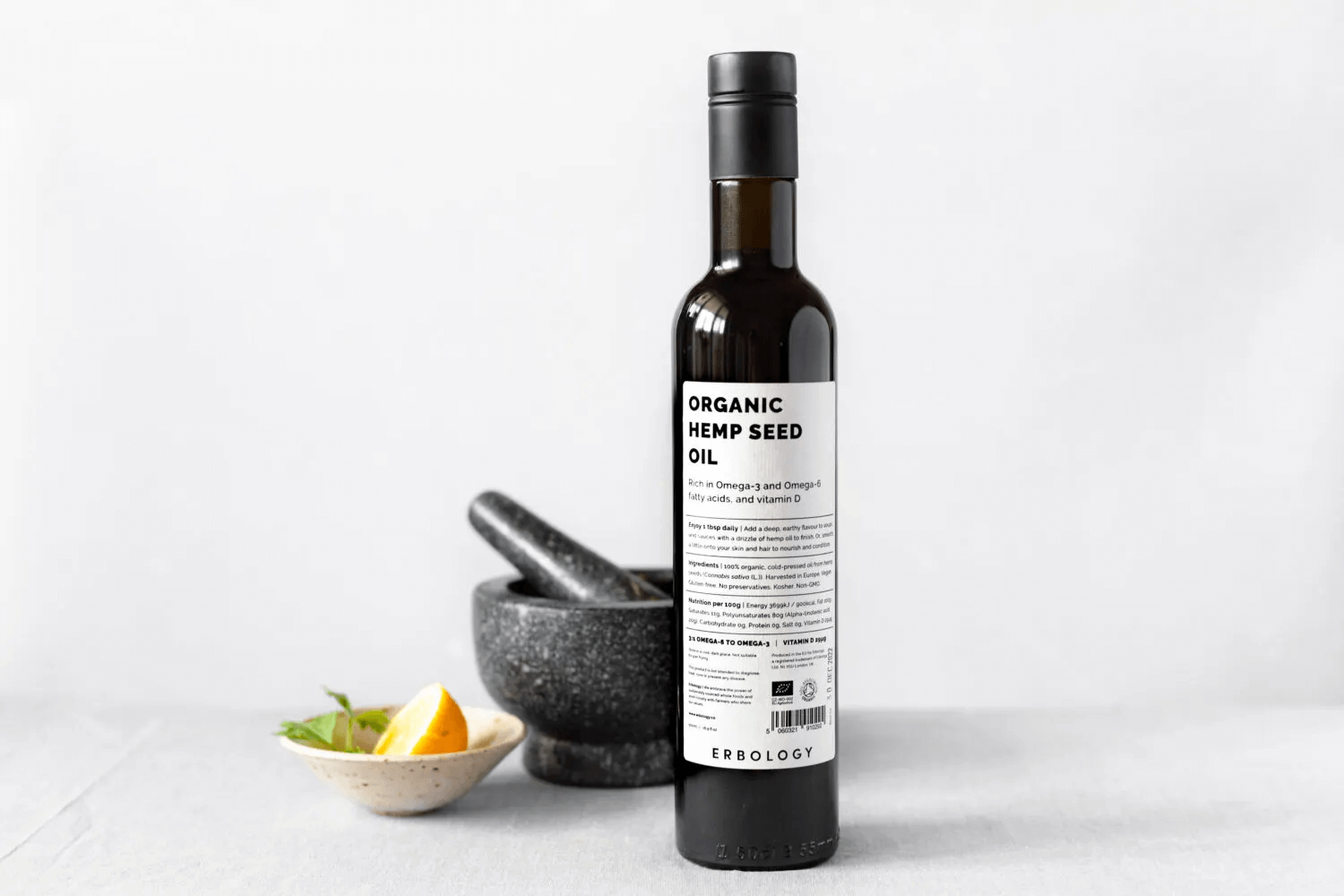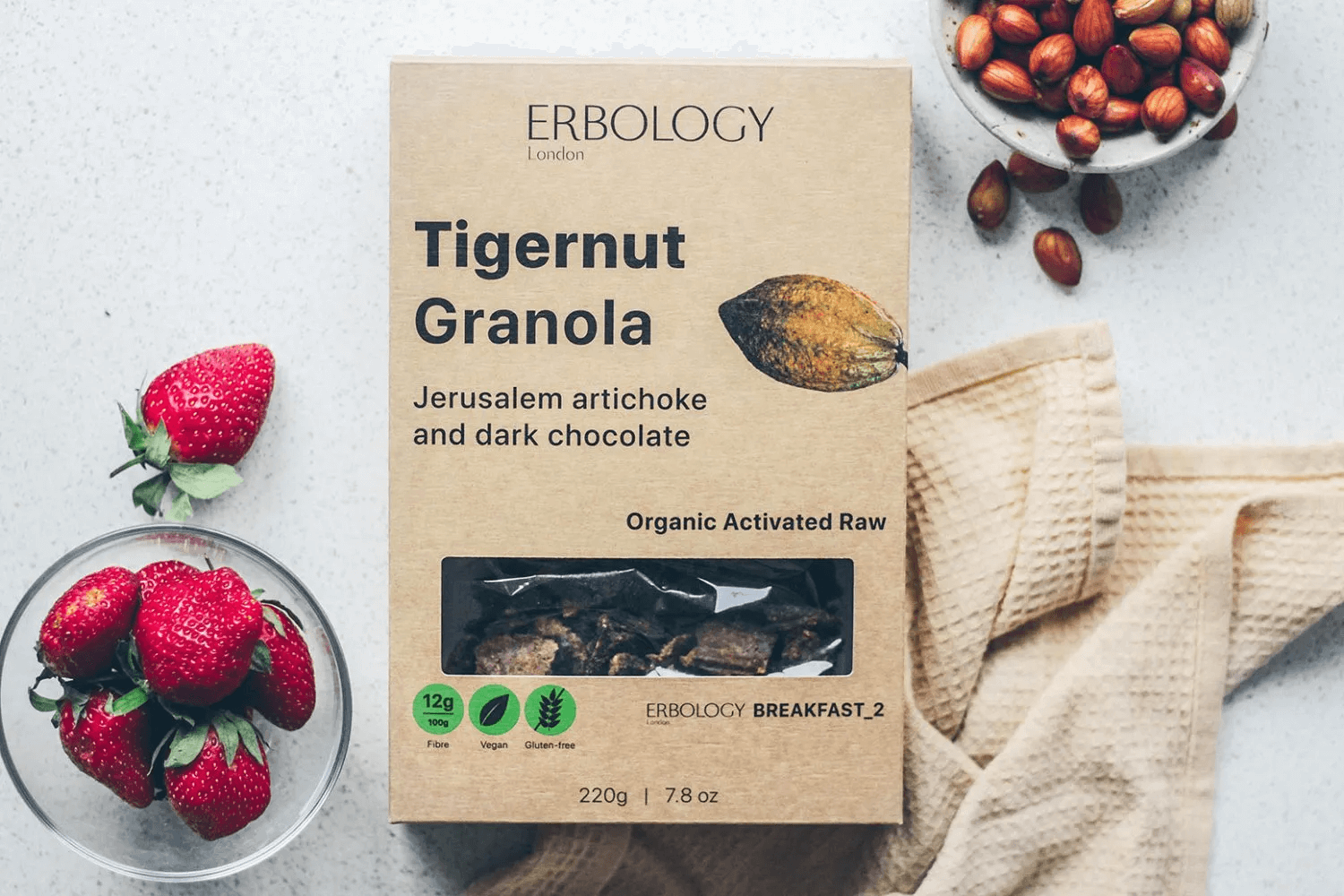13 May 2021
Best foods for mental health
What do we mean by ‘mental health’?
The term ‘mental health’ covers a vast range of issues, from mild low mood and anxiety right through to serious psychological disorders and severe metal illness.
If you believe you might be suffering from a mental health condition, you should contact your doctor. They will be able to help you get the right diagnosis and advise on your treatment options.
However, general good mental health is important for all of us. What’s more, mental health issues - while still sometimes considered a taboo - are incredibly common. Around a quarter of the population of England will experience a mental health issue in a given year, while one in six of us report experiencing a common mental health problem, such a depression or anxiety, in any given week!(1)
While we can’t stress enough the importance of seeking medical help if you’re struggling with your mental health, we also understand that lots of people want to know about lifestyle changes that could help.
So, without further ado, let’s get into the link between what you eat and how you feel.
Eating for mental wellbeing
Several studies have looked at the link between diet and the incidence of mental health problems. It’s relevant to all of us, given that some scientists estimate that the burden of mental health issues across the world is greater than that of all cancers combined.(2)
Research has suggested that some types of diet can either protect against the development of mental health problems, improve outcomes for patients who suffer from them, or both.
Many of the studies on mental health and diet look at what happens in a given population if you increase, decrease or exclude their consumption of a specific type of food.
These are what's called epidemiological studies; they look at the incidence of disease in populations and whether changing certain factors affects it.
For example, some studies have discovered a link between eating a Mediterranean diet and a lower incidence of depression (more on that below).(2)
However, in many cases, the underlying cause of this change is unknown. We don’t yet know the exact molecular processes going on in the body which lead to lower rates of depression. Hence, the information available from the scientific community is mostly observational.
![]()
Diets linked to good mental health
As mentioned above, the Mediterranean diet has been linked to positive effects on our mental health. This type of diet generally includes lots of fresh fruit and vegetables, healthy oils such as olive oil, whole grains, and seafood.
One study of 10,000 university students revealed that those who most closely followed a Mediterranean diet were 42% less likely to suffer from depression.(2)
Not only does a Mediterranean diet stave off depression, but it seems that it can actually help treat it.(3)(4) This means that, even if you have already developed a mental health disorder, switching up your diet may help you feel better.
However, scientists have identified other ways of eating which are linked to mental wellbeing, such as a diet based on whole foods, and ‘traditional’ diets. Tradition, here, refers to foods which predate mass production and processing of food.(2)
In essence, all these diets have the same thing in common: they consist of unprocessed whole foods such as whole grains and vegetables. They contain very little processed foods such as ready meals, refined white flour and refined sugar.
One study also found that regularly eating fish may reduce the risk of depression in women, while another linked magnesium to improved mental health in men.(5)(6)
What not to eat
On the other hand, some diets are associated with worse mental health. Unsurprisingly, the Western diet, which is high in processed foods, takes one of the top spots on this list. Eating this type of diet is linked to increased incidence of depression, mild cognitive impairment and ADHD.(2)
Other research has made the link between inflammation and mood disorders.(7) This has implications for your diet, as some foods are known to produce an inflammatory response within the body.
As is so often the case, processed foods seem to be the worst culprits for negative mental health outcomes. One study found that a high proportion of processed foods in the diet led to an increase in the risk of depression.
Astonishingly, the risk increased further with every 10% increase to the proportion of processed foods eaten.(2) So, in short, the greater proportion of processed food you eat, the more likely you are to be at risk.
Of course, this advice is not specific to mental health. Eating fewer processed foods and replacing these with whole grains, fruits, vegetables and healthy fats is something we should all be doing, for both our mental and physical wellbeing.
Now, let’s get a bit more granular. Which nutrients do we need to be looking out for, and what role do they play in mental health?
![]()
Do eat: omega-3
Omega-3 is known as a ‘brain food’ and with good reason; we need these essential fatty acids to make our cell membranes, regulate neurotransmission and control vital processes in the nervous system.(2)
One study found that omega-3 has a protective effect against depression in men while another notes its use as a treatment for ADHD, major depressive disorder, bipolar depression and PTSD.(3)(2)
Omega-3 is also thought to be anti-inflammatory.(8)
Where to get omega-3
- Oily fish, such as salmon and mackerel
- Plant oils such as hemp seed oil and walnut oil
- Seeds like flaxseed and chia seeds
- Walnuts
Related reading
undefined

Organic Hemp Seed Oil

Raw Dark Chocolate - Prebiotic Tigernut Granola

Organic Hemp Seed Oil
